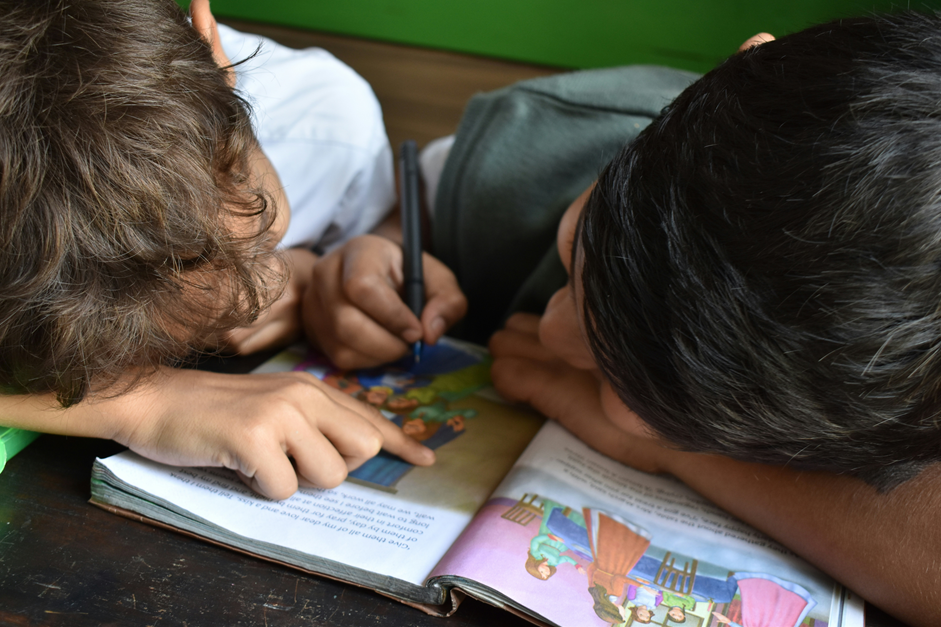How Pre-Primary Education in Pune Prepares Kids for Formal Schooling
Pre-primary education plays a vital role in shaping a
child’s early development and readiness for formal schooling. In a growing
educational hub like Pune, pre-primary schools are adopting structured,
play-based learning methods to build foundational skills in language, math,
social interaction, and motor development. A well-established pre primary
school in Pune focuses not only on academic basics but also on
emotional and social growth, helping children transition smoothly into the next
academic phase. This early exposure lays the groundwork for confidence,
curiosity, and discipline—key traits needed in any primary school in India. By nurturing a love for learning from an
early age, pre-primary education ensures children are better equipped for the
structured and goal-oriented environment of formal education.
Key Ways Early Education in Pune Builds a
Strong Foundation for School
Pre-primary education in Pune goes beyond basic
learning—it lays the foundation for a smooth and confident transition into
formal schooling. Here’s how it prepares young children effectively:
Focus on Holistic Development
Pre-primary schools in Pune emphasise overall growth,
not just academics. Through activities like storytelling, art, music, and
physical play, children develop cognitive skills (thinking and understanding),
emotional skills (managing feelings), social skills (interacting with others),
and physical abilities. This balanced approach ensures children are
well-rounded and ready to face the demands of formal schooling.
Introduction to Structured Learning
Young children get familiar with daily routines such as
class timings, group activities, and following instructions. This helps them
adjust easily to the formal structure of primary school, where schedules and
classroom rules are more defined.
Language and Communication Skills
Language development is critical at this stage.
Pre-primary programs use rhymes, stories, and conversations to expand
vocabulary and improve listening and speaking skills. This foundation is
essential for reading, writing, and participating confidently in classroom
discussions in primary school.
Development of Motor Skills
Fine motor skills like holding pencils and drawing, and
gross motor skills like running and jumping, are developed through play and
activities. Strengthening these skills ensures children are physically ready
for writing tasks and other classroom activities.
Encouraging Independence and Confidence
Kids learn simple self-help tasks such as organising
their belongings and following personal hygiene routines. These small
responsibilities foster independence and boost confidence, making children more
self-reliant and ready for the school environment.
Social Interaction and Teamwork
Pre-primary education encourages children to play and
work with peers, learning to share, take turns, and resolve conflicts
peacefully. These social skills are crucial for creating positive relationships
and adapting well in the group setting of primary school.
Conclusion
Pre-primary education in Pune plays a crucial role in
shaping young minds for the journey ahead. It builds a strong foundation in
academics, social behaviour, and emotional growth, ensuring children are
well-prepared for the structured learning environment of primary school. With
the right blend of play-based and guided learning, children develop the
confidence, curiosity, and discipline needed for success in formal education.
Schools that offer quality early education help children transition smoothly
into more demanding academic phases. The HDFC School
is an excellent example of pre-primary education in India, focusing on
nurturing young learners through a balanced and holistic approach. By choosing
the right start, parents can give their children a lifelong love for learning
and strong educational roots.




Comments
Post a Comment